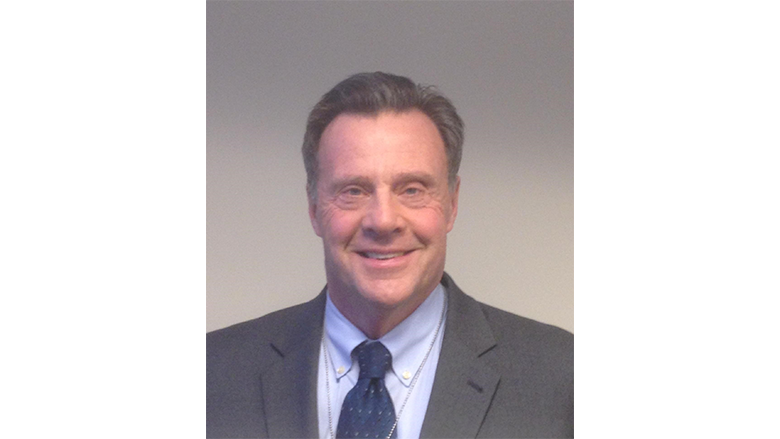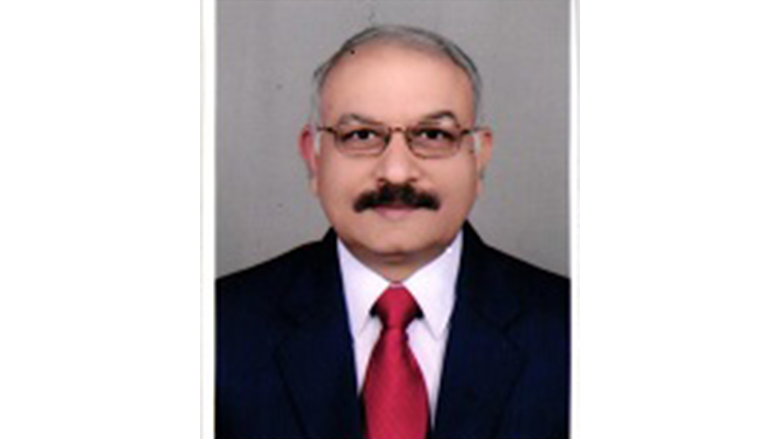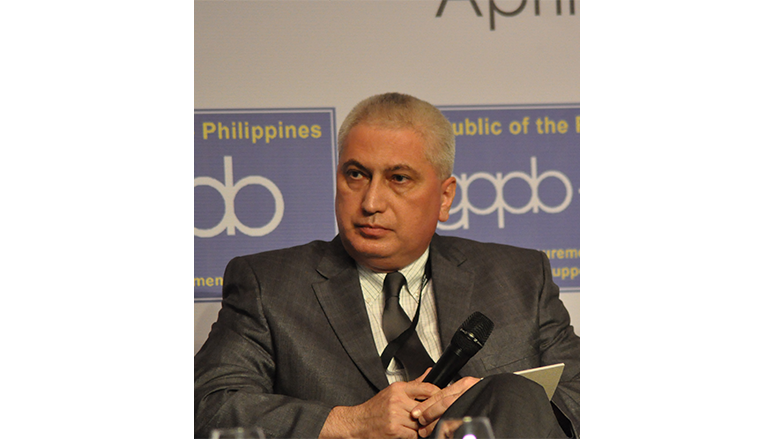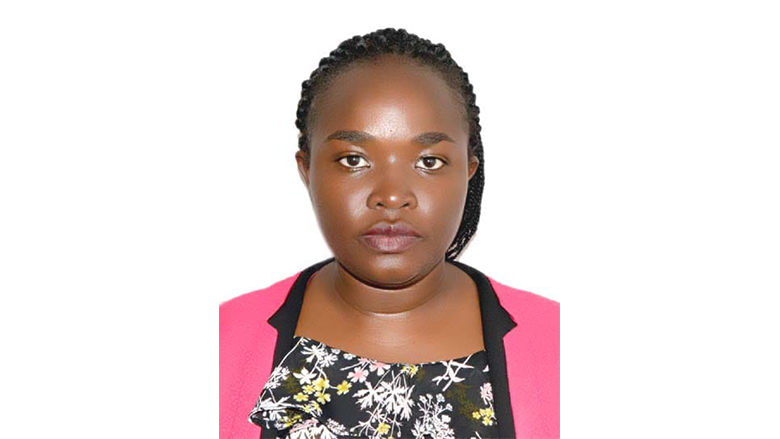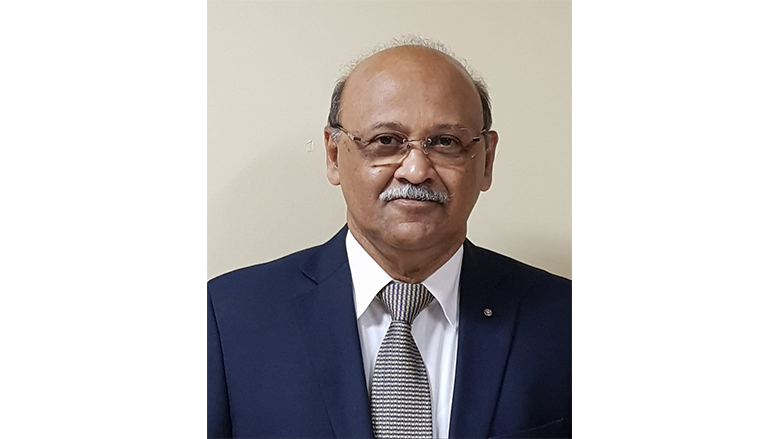Early Detection of Fraud and Corruption in Public Procurement through Technology
October 6, 2020
Online
MULTIMEDIA

-
According to the United Nations, every year, an estimated US$1 trillion is paid in bribes and US$2.6 trillion is stolen through corruption. Together, this sum represents 5% of annual global GDP. Further, in developing countries, funds lost to corruption are estimated to be ten times the amount of the overall Official Development Assistance. Public procurement accounts for a significant amount of government spending: the OECD estimates that countries spend an average of 13-20% of their GDPs on procurement. The OECD Foreign Bribery Report (2014) shows that more than half of foreign bribery cases occurred to obtain a public procurement contract. The inverse link between corruption and successful development outcomes has been well established: corruption deters investment and impedes economic growth, exacerbates income inequality, increases the cost of government services, lowers trust in government, and increases political instability.
The direct costs of corruption include loss of public funds through misallocations or higher expenses and lower quality of goods, services, and works (OECD, 2015a). Those paying the bribes seek to recover their money by inflating prices, billing for work not performed, failing to meet contract standards, reducing quality of work or using inferior materials, in case of public procurement of works. This results in exaggerated costs and a decrease in quality. A study by the OECD and the World Bank shows that corruption in the infrastructure and extractives sectors lead to misallocation of public funds and substandard and insufficient services (OECD, 2015a). Although it is difficult to measure the exact cost of corruption due to its hidden nature, it has been estimated that between 10-30% of the investment in publicly-funded construction projects may be lost through mismanagement and corruption (COST, 2012), and that estimates of 20-30% of project value lost through corruption are widespread (Wells, 2014; Stansbury, 2005).
This BBL will present the most promising new technologies that can be applied to detect and prevent fraud and corruption in public procurement.
What you will learn
1) Advantages of early detection of fraud and corruption (F&C) in public procurement and the technologies that can help;
2) Opportunities and benefits from using digital tools to tackle F&C in the public procurement;
3) How technology is most effective when paired with traditional methods and integrated with “analog” components of reform.
-
Chair, Speakers & Discussants
- Opening Remarks: Vinay Sharma, Global Director, Governance-Procurement, World Bank
- Chair: Hiba Tahboub, Procurement Practice Manager, World Bank
- Moderator: Ishtiak Siddique, Senior Procurement Specialist, World Bank
- Speaker: Mike Kramer, Attorney and Consultant
- Panelists: Vinay Ranjan Mishra, Kakha Demetrashvili, Uwingeneye Joyeuse, and Bhagwansing Dabeesing
- Discussants: Alexandra M. Habershon, Senior Governance Specialist, World Bank & Anna L. Wielogorska, Lead Procurement Specialist, World Bank
TIME ACTIVITY 7:30 - 8:00 Meet and Greet 8:00 - 8:05 Introduction by Nagaraju Duthaluri, Lead Procurement Specialist, World Bank
Welcome Remarks from the Chair – Hiba Tahboub, Procurement Practice Manager, Governance-Procurement, World Bank
8:05 - 8:10 Opening Remarks from Vinay Sharma, Global Director, Governance-Procurement, World Bank8:10 - 8:30 Presentations on Early Detection of Fraud and Corruption in Public Procurement through Technology – Mike Kramer 8:30 - 8:50 Experts from India, Georgia, Rwanda, and Mauritius will provide examples from their countries
8:50 - 9:00 Discussants Speak (5 minutes each)
- Alexandra M. Habershon, Senior Governance Specialist, World Bank
- Anna L. Wielogorska, Lead Procurement Specialist, World Bank
9:00 - 9:25 Q+A
-
